Though deeply flawed, Mohamed Morsi was a product of Egypt’s brief experiment with democracy, writes Shadi Hamid. His memory highlights what the country has lost. This piece was originally published in the Atlantic.
Mohamed Morsi’s life, especially his later life, was the product of a series of accidents. When I first met him, he was a senior but relatively obscure and not particularly important official in the Muslim Brotherhood—and one could easily imagine him staying that way. He was a loyalist, a functionary, and an enforcer. Then he became something else: Egypt’s first democratically elected president—and also the last, at least for the foreseeable future. Visionary leaders sometimes emerge during moments of crisis and transition. But just as often, ordinary men and women find themselves in the midst of historical events, both shaping them and being shaped by them.
Morsi, who died in a Cairo courtroom Monday, was elected in 2012 and deposed in a military coup a year later. He was many, but not all, of the things his critics derided him for. He wasn’t what you would call charismatic. He was not a strategic thinker. He seemed a man particularly unsuited for the responsibility bestowed upon him. In retrospect, knowing what they know now, many in the Brotherhood—in prison, in exile, in hiding—would wish that the organization’s leadership had never opted to field a presidential candidate. But this had little to do with Morsi. Morsi wasn’t meant to be president.
The Brotherhood’s original candidate for president was the businessman Khairat al-Shater, towering in his physical presence, preternaturally confident, and perhaps overwhelmed by ambition. Some called him Egypt’s most powerful man. He was disqualified from running based on a legal technicality. Like so many other things, this, for the group, seemed to confirm that the military sought to block the Brotherhood’s rise by any means necessary. And so Morsi, derided in the Egyptian media as Shater’s “spare tire,” became the accidental candidate and then the accidental president.
When I sat down with Morsi back in May 2010, the longtime dictator Hosni Mubarak was still in office, and the kind of uprising that could force him out seemed implausible. At that point, Morsi insisted the Brotherhood had no interest in power and even objected to the use of the word opposition to describe the group. Repression was intensifying, and political space was closing years after the brief promise of the (first) Arab Spring in 2004 and 2005. The November 2010 parliamentary elections were arguably the most fraudulent in the country’s history, reducing the Brotherhood from 88 seats to 0. Members of the Muslim Brotherhood seemed deflated but not necessarily in despair. They were playing the long game, which is what the Brotherhood always preferred to play. To be tempted by power, on the other hand, led them, and ultimately Morsi himself, into a series of missteps and miscalculations.
The campaign for president in the spring of 2012 took place in a chaotic, uncertain Egypt. Though burdened by a weak candidate, and with only two months to campaign, Brotherhood activists fanned across the country, promoting Morsi’s so-called renaissance project (which had been Shater’s “renaissance project”). In one coordinated show of strength, they held 24 simultaneous mass rallies across the country in a single day. At one rally, I asked a young Brotherhood activist if he was enthusiastic about Morsi. He smiled and then laughed.
It was easy to dismiss Morsi then, and it will be easy to dismiss him now, as a footnote in history. Buried without fanfare and under the glare of a near-totalitarian state—the most repressive in Egypt’s history—he will be easy to forget. But the brief 12 months in which he found himself in power was an unusual time for Egypt. Morsi was incompetent and polarizing, and managed to alienate nearly everyone outside the Brotherhood. Ultimately, he and the Muslim Brotherhood failed. But he was not a fascist or a new pharaoh, as his opponents liked to claim. In a previous piece for The Atlantic, a colleague and I scored Morsi’s one year in power using the Polity IV index, one of the most widely used empirical measures of autocracy and democracy, and then compared it to other cases. We concluded that “decades of transitions show that Morsi, while inept and majoritarian, was no more autocratic than a typical transitional leader and was more democratic than other leaders during societal transitions.”
But to keep the focus narrowly on Morsi, as a person or as a president, is to miss something important, and that something has become clearer to me in the five years since we wrote that piece. That year may have witnessed unprecedented polarization, fear, and uncertainty, but for that time Egypt was the freest, in relative terms, that it had been since its independence in 1952. Egyptians were shouting, protesting, striking, and hoping, both for and against Morsi. This, of course, is also what made the year frightening: the freewheeling intellectual combat, the seemingly endless sparring of ideas and individuals, but also the sheer sense of openness (and the insecurity that came with it). No other period, or even year, comes close. This was not because of Morsi, but because Egypt—with the help of millions of Egyptians—was trying to become a democracy, albeit a flawed one. And Morsi himself, also deeply flawed, was a product of that brief experiment. To remember Morsi, then, is to remember what was lost.
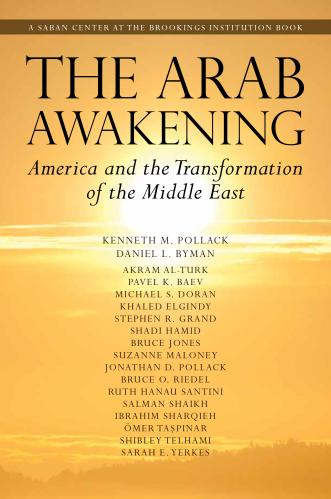
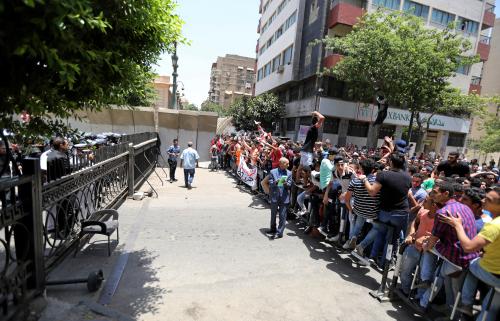
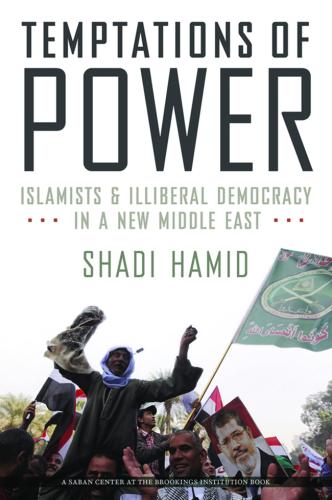
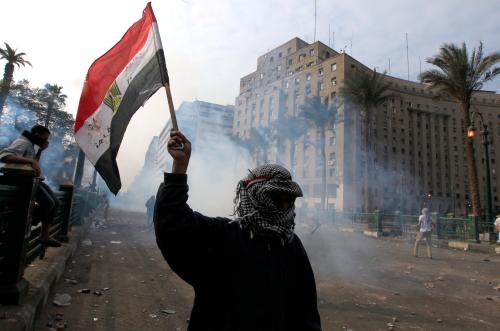
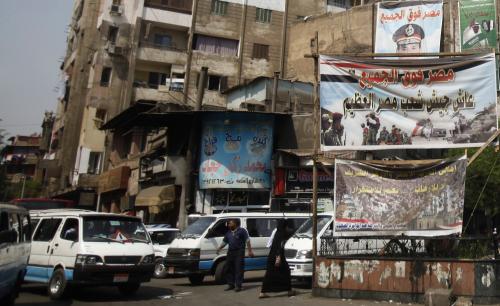
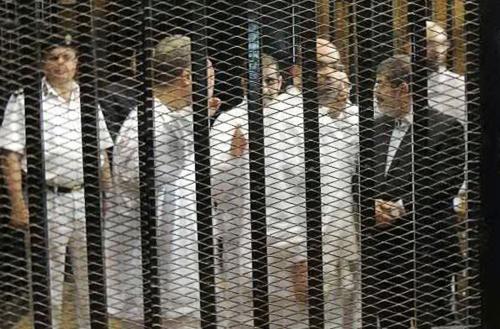




Commentary
The tragedy of Egypt’s Mohamed Morsi
June 19, 2019